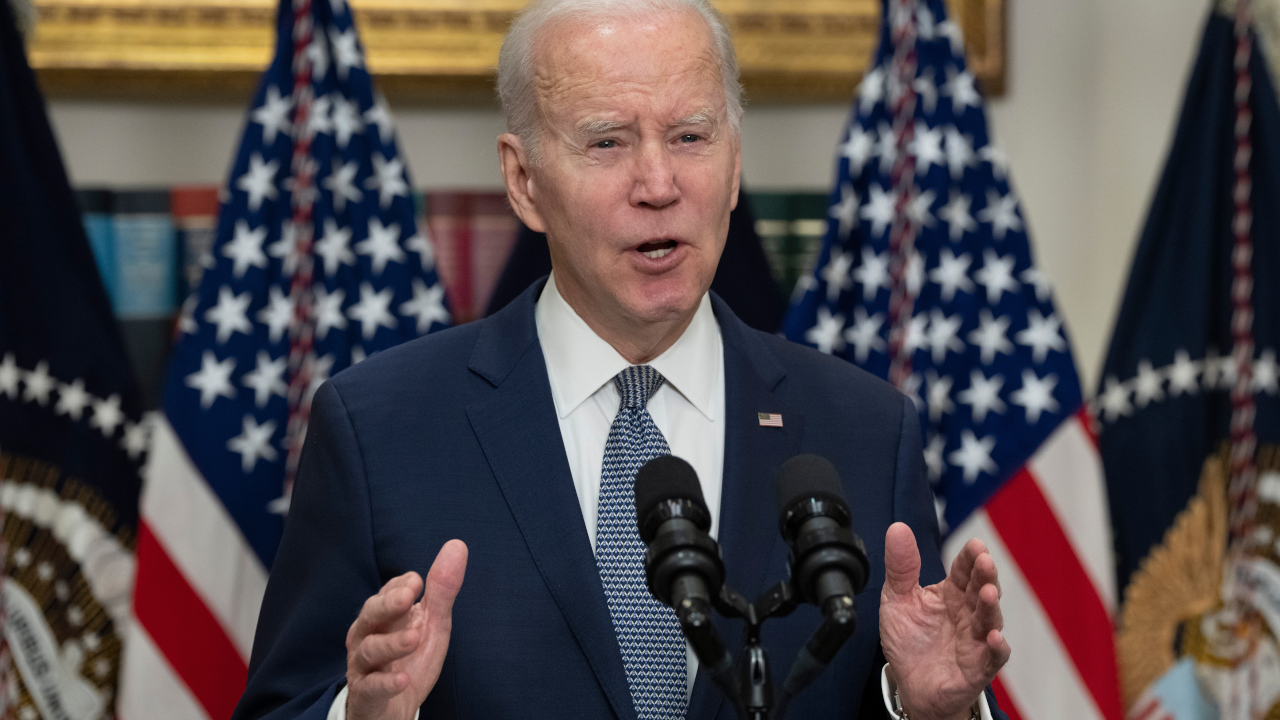Bangladesh’s top court overturns job quotas as violence leaves over 100 dead
Bangladesh’s top court has made a significant ruling, overturning government job quotas that had sparked violent protests and widespread unrest, resulting in over 100 deaths.
This contentious policy, aimed at reserving about a third of public sector jobs for descendants of veterans from the 1971 independence war, has been a focal point of severe national discord.
Supreme Court mandates 93% of government jobs to be merit-based
The Supreme Court’s decision mandates that 93 percent of government positions be awarded based on merit, responding to weeks of protests primarily led by university students.
These protests not only challenged the quotas but also highlighted broader societal issues such as rising economic distress and perceived inequalities.
The ruling is seen as a retreat from policies that many believed disproportionately benefited loyalists of Prime Minister Sheikh Hasina’s ruling Awami League party.
Violent clashes and harsh crackdowns disrupt the nation
The unrest over the job quota system has escalated into one of the most serious challenges to Prime Minister Sheikh Hasina’s two decades of increasingly authoritarian rule.
More than 100 people have died in clashes involving protesters, police, and Awami League allies. In a drastic move to control the situation, the army was deployed and a curfew imposed, while security forces reportedly received shoot-on-sight orders.
This severe response has intensified fears about further casualties.
Communication across the country has been significantly disrupted, with authorities suspending mobile and internet services.
This blackout has made it difficult for news agencies to contact sources within Bangladesh, obscuring the full scope of the ongoing violence and unrest.
International concerns and responses
The escalating violence has prompted international concern and advisories against travel to Bangladesh. The UK government has advised against all but essential travel due to the “widespread violence.”
Similarly, the US State Department has permitted non-emergency staff and their families to leave the country voluntarily and advised American citizens against traveling there.
India’s foreign ministry has also been actively involved, assisting Indian citizens, including students, to leave Bangladesh.
Human rights organizations call for restraint and open communication
Human rights organizations like Amnesty International have criticized the heavy-handed approach of the Bangladeshi law enforcement agencies. Amnesty has called for the urgent lifting of the communications ban and the immediate release of those arrested for peacefully protesting.
These calls underscore the global concern over the handling of the protests and the government’s broader crackdown on dissent.
Economic backdrop to the unrest
The protests and unrest occur against a backdrop of significant economic challenges in Bangladesh.
Despite being the world’s second-largest garment exporter and experiencing rapid economic growth, the country has been struggling with inflation, frequent blackouts, and mounting joblessness.
These economic hardships have fueled public discontent, which has been further aggravated by political tensions and the government’s authoritarian tendencies.
Prime Minister Sheikh Hasina’s re-election to a fifth term earlier this year was already marred by controversy, including a pre-poll crackdown on the opposition that drew international criticism.
The job quota protests have only deepened the political crisis, casting further doubt on the stability and democratic credentials of Hasina’s administration.
Implications for Bangladesh’s governance and stability
The Supreme Court’s decision to prioritize merit in government job allocations might temporarily quell some of the immediate unrest, but the deep-seated issues that led to the protests remain unaddressed.
Going forward, the government will need to undertake significant reforms not only in its employment policies but also in its approach to governance and human rights.
The challenge for Hasina’s government will be to navigate these reforms while maintaining public order and addressing the economic grievances of its citizens.
The international community will likely continue to watch the developments in Bangladesh closely, given the country’s strategic importance and its role in the global economy.
The post Bangladesh's top court overturns job quotas as violence leaves over 100 dead appeared first on Invezz




